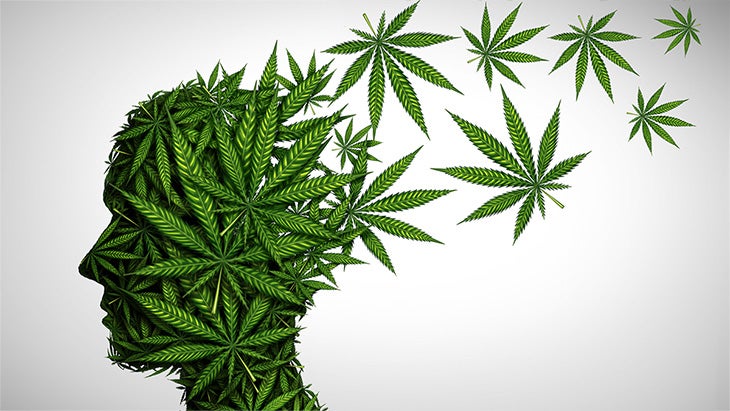
Every order gets 2 FREE plants!!!
FREE SHIPPING Across Canada
GUARANTEED ALIVE
ALL clones HLVd tested every 3 months
Questions? Ask our MASTER Grower "Click Here"
All Clones rooted READY to SHIP












